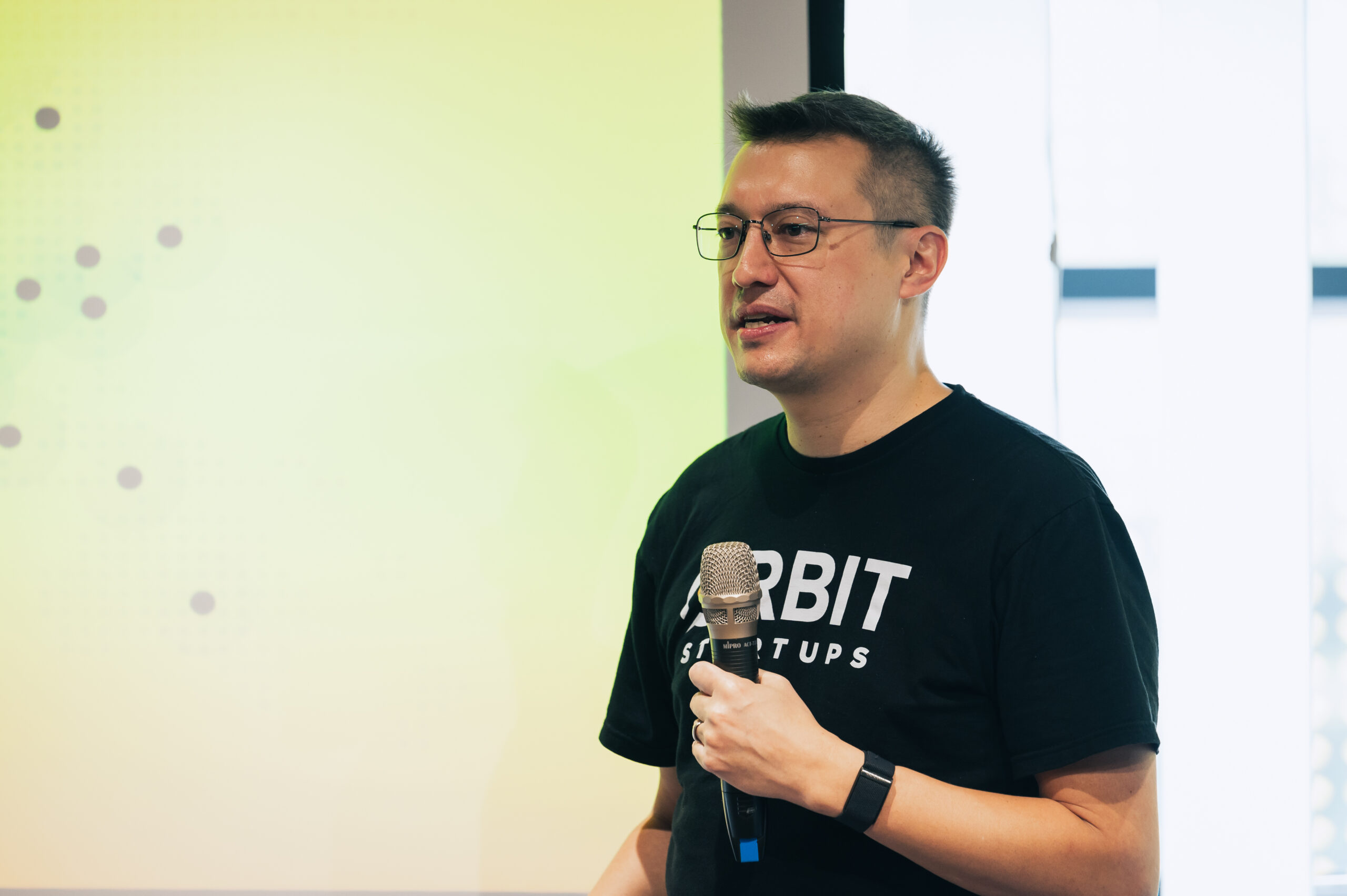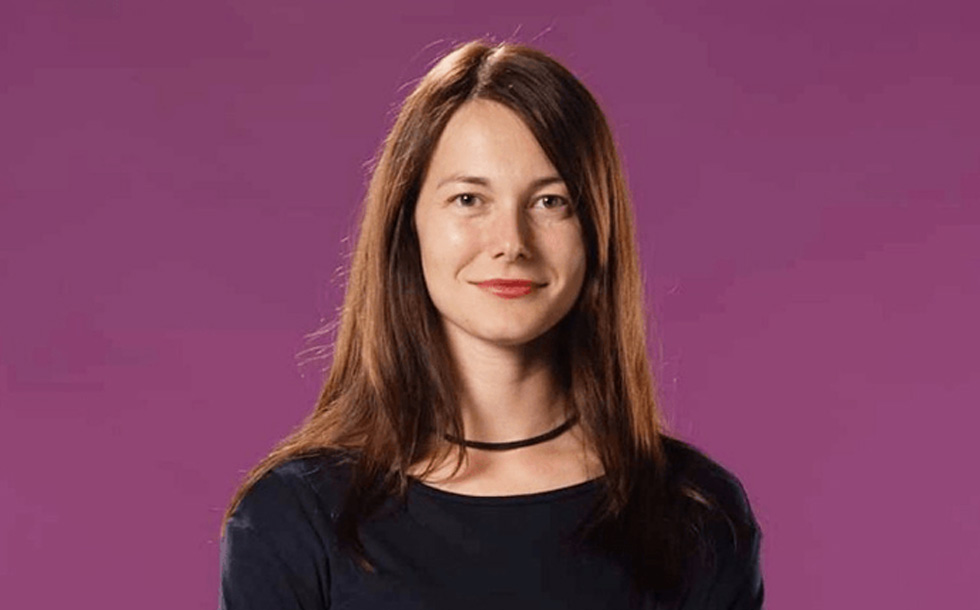Most founders hire for confidence and credentials rather than testing for competence and fit. Emil Jersling, Orbit Mentor and former COO of Groupon Belgium, leans into a fundamental truth about startups: team members’ ability to adapt and learn is more valuable than what they know. In rapidly changing markets, expertise may become irrelevant by the time someone joins your team.
When building teams for emerging business models Emil saw traditional hiring approaches fail. Since the model was completely new, there were no candidates with previous experience — and hiring for new expertise is hard. Most founders hire based on candidates backgrounds and how they present in the interview rather than evidence of what they can do. Common hiring mistakes:
Creating Laundry Lists of Qualities: Testing for too many qualities makes it hard to focus on what truly matters or understand the trade-offs between them.
Experience Over Personality: Prioritizing credentials and past experience when personality traits and learning ability are what gets the job done.
Bonus Points for Impressive Backgrounds: Accepting candidates that perform poorly in interviews due to their great looking CVs.
Lazy Interviewing: Asking candidates if they have certain qualities instead of presenting tests to demonstrate those qualities.
Wasting Time on Poor Fits: Completing 45-minute interviews when it’s clear after 5 minutes that a candidate is a poor fit.
Not Measuring Hiring Accuracy: Failing to evaluate how well the recruitment assessment process actually predicts performance thereby missing opportunities to improve.
Strategic Recruitment – Testing for Tomorrow, Not Yesterday
Emil’s solution was based on a core belief: people’s personalities don’t change much, but the right candidates can learn rapidly if motivated. Instead of searching for impossible-to-find experience, he prioritized attitude and drive over background, believing he could train motivated people into becoming the ideal team members. He focused on the three most important qualities candidates needed to demonstrate in an interview and tested for competence during the interview rather than through anecdotes.
The Three-Stage Filtration System
His methodology tests different qualities are each stage:
Stage 1: CV Screening (Pass/Fail) Emil only evaluated criteria that could be assessed from a resume—education, company backgrounds, specific experience markers. Crucially, once someone passes this filter, their background and CVs are no longer relevant for subsequent stages. No extra points for prestigious companies or universities.
Stage 2: Phone-Based Competency Testing Rather than a traditional phone interview, Emil’s team presented candidates with immediate challenges. For example, his HR director would tell sales candidates: “Call me back in 15 minutes and sell me something.” This tests listening skills, adaptability, and execution under pressure—not sales experience.
Stage 3: The 15-Minute Interview Emil condensed in-person interviews to three 5 minute parts, each testing one specific quality:
- Drive: Instead of asking about their passion(s), he’d say “Tell me about my company,” forcing candidates to demonstrate their preparation and genuine interest.
- Competence: For sales roles, he didn’t review past performance—he asked candidates to sell him the company’s services at that moment.
- Alignment: Rather than generic goals, he explored how the specific opportunity aligned with what candidates wanted to achieve over the next few years, suggesting alternative opportunities in cases his company’s culture and role might not be right at this time.
The “Impress Me” Interview
Drawing inspiration from his art teacher in Madrid who simply said “impress me” when giving assignments, Emil structures interviews to minimize his own talking. He begins with an extremely short self-introduction—”Hi, I’m Emil. I’m the CEO”—which encourages candidates to mirror his conciseness with brief responses.
He flips the traditional company presentation by asking candidates to “tell me about my company.” This tests their drive and preparation, eliminating the time investment for a standard pitch while allowing candidates to demonstrate their understanding and interest in the role. This also filters out unprepared applicants. Those with no idea of the company’s work are asked to return for an interview after researching if the company seems like a great fit.
Interviews where candidates fail to meet the expectation at any of the 3 phases are ended immediately. This may seem harsh but aims to respect everyone’s time and enables Emil to evaluate a high volume of candidates efficiently.
Testing Beyond Sales
Donagh’s framework distills partnership success into three non-negotiable pillars:
- For Engineering Teams: Test for problem-solving approach and learning agility rather than specific technical experience
- For Senior Leadership: Look for candidates who define their own role rather than asking about job descriptions
- For Customer Success: Evaluate empathy and conflict resolution in real scenarios rather than through hypothetical questions
- For Country Manager Roles: Assess entrepreneurial mindset and cultural adaptability through specific situational challenges
Continue to Hiring for Emerging Market Startups Part 2: Turn New Hires Into Immediate Producers and Measure Success.
Emil Jersling, Orbit Mentor and former COO of Groupon Belgium went to Colombia in 2010 to rebuild the local Groupon sales team. He would refine his scalable hiring techniques across 10+ countries in Latin America, Asia, and Europe interviewing thousands of candidates and hiring hundreds of people. Emil shared his learnings with Orbit founders at the Orbit Growth Summit.
—
Orbit Growth Summit is where Orbit founders learn growth tactics from top experts in product-led growth, performance marketing, and scalable systems.




